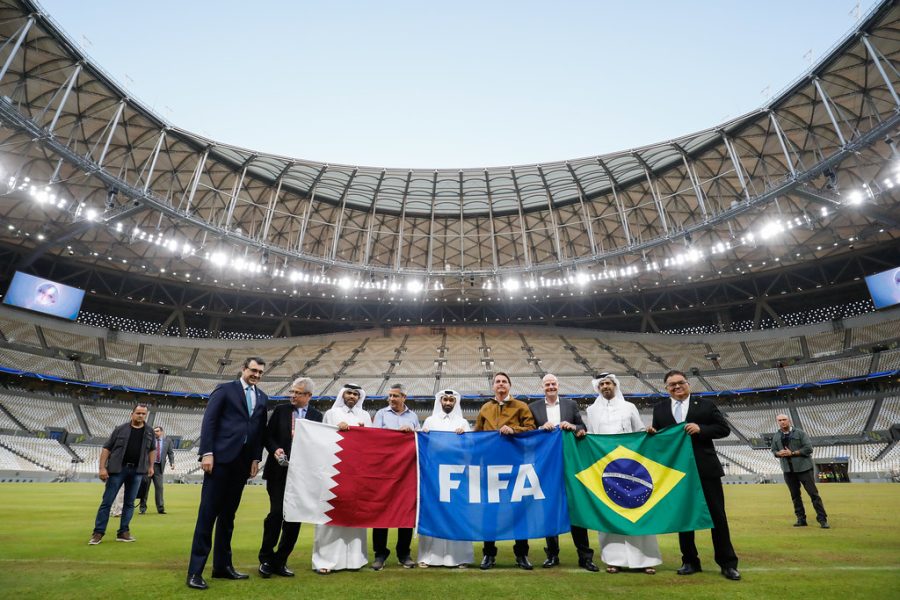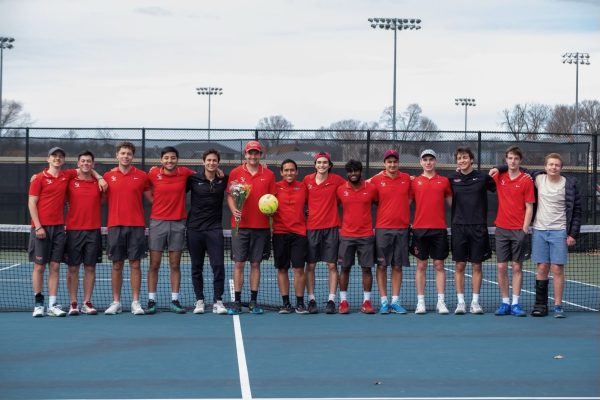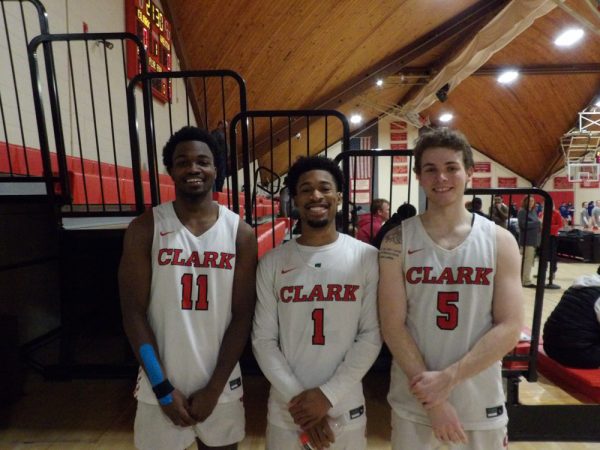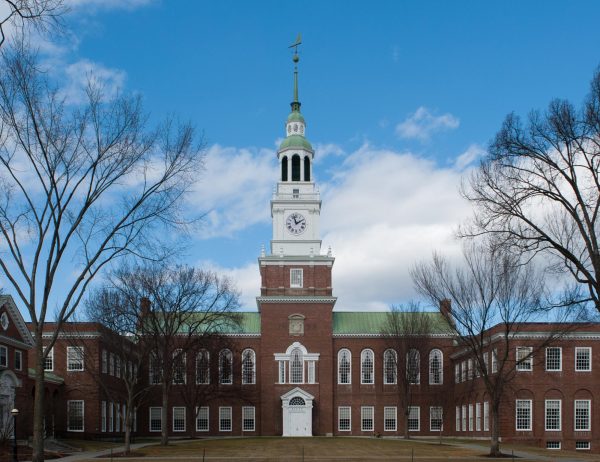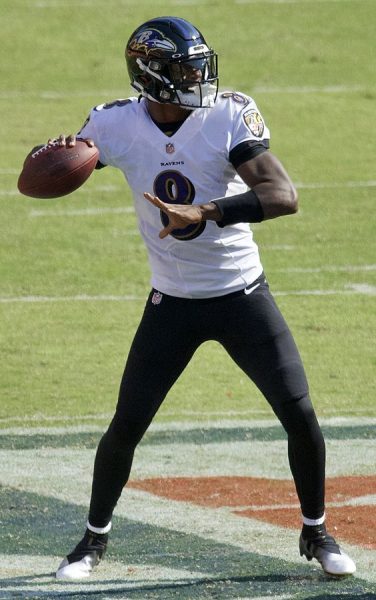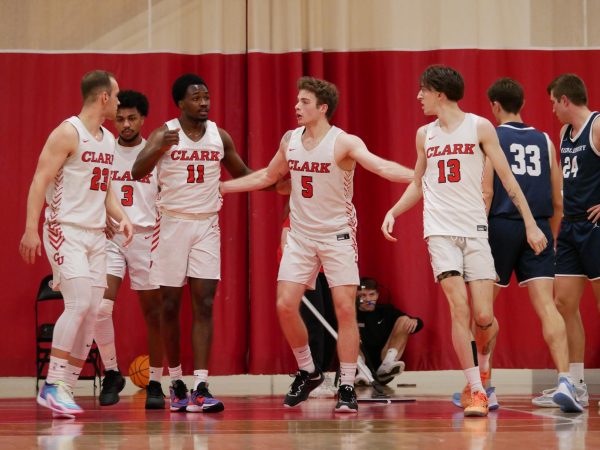For Those Who Wish to Seem: Sports, Slave Labor, and the Hot Arabian Sun
November 21, 2022
Every four years the world comes together to celebrate sports and friendly competition with one another. However, it is unfortunately often overshadowed by a massive wall of controversies. You might think I’m talking about the Olympics which is no stranger to controversy. But no, today I am speaking of the 22nd annual FIFA World Cup, set right in the heart of the sunny nation of Qatar.
I have always loved events like the Olympics or the World Cup. Now I am not an athletic person, nor have I ever really cared about professional sports, but for some reason, the spectacle of these events always drew me in. I can remember eagerly watching the finals of the 2014 Rio World Cup, as Germany scored the game-winning goal against Argentina in a tense overtime. While I had mainly been focused on the recent Tokyo and Beijing Olympics, the World Cup was always in the back of my mind.
Now on the surface, the 2022 World Cup is quite historic. It is the first time one has ever been held in the Middle East in the organization’s 118-year-long history. Not only that, increased cooperation between Qatar and its neighbors means the games would give a significant boost to their economies (not that the Gulf needs more money, but that is beside the point). However, while on the surface everything may seem fine, the reality of what went on behind the scenes tells a much darker story. FIFA’s history is filled with controversy at nearly every turn. From corruption (so much corruption…) to human rights abuses, they have just about seen it all, and this time would be no different.
Our story begins all the way back in 2010 when Qatar was first chosen to host the 2022 World Cup. People were already suspicious. Qatar is a fairly small nation in the middle of the desert with no prior history of hosting events like this, so how did they win over much larger and more experienced nations like Japan or the United States? Twenty-two people were on the committee that gave Qatar the cup, and since then the vast majority have been accused or indicted on corruption charges. This in itself makes one question the validity of their decision. If one thing was made abundantly clear, it is that Qatar did not have the proper infrastructure needed to host the games. This would lead directly to the largest controversy behind the Qatar World Cup, the human rights abuses behind the scenes.
Qatar is hot. It is situated right in the middle of the Arabian desert, the 5th largest desert in the world. The World Cup is typically held during the summer months, following the end of the European season. In summer, the temperatures in Qatar can reach well above 100 °F (38 °C for you non-imperial system guys out there). The games could not happen in that climate without risking the health of the players or crowds, so they were moved later in the year when it is not unfathomably hot outside. While this may be good for the games themselves, the temperature still impacts another major issue: infrastructure. It is no easy task running an event of this magnitude, and often host nations have to build new stadiums, hotels, and other infrastructure to accommodate. Now Qatar’s record with worker’s rights is also, to say the least, pretty terrible. According to a report from Amnesty International, there were 1.7 million migrant workers in Qatar (approximately 90% of the country’s total workforce), the majority of which came from poorer countries such as Bangladesh, Pakistan, and Nepal. Many of these workers would be forced to work in extreme heat with barely any proper heat protection measures. Workers had to pay upwards of $400-$4,300 just to get the job, often going into debt to do so. They would find themselves unable to leave their camps, having their pay withheld for months at a time, trapped in appalling living conditions, and being violently threatened by their Qatari managers. All of this has led to an official death toll of over 15,000 migrant workers from 2010-2019. Beyond that one statistic, Qatari officials have given barely any other information. The majority of the deaths were just attributed to “natural causes”, with the rest still unexplained. International outrage has been sparked over the treatment of migrant workers, with many accusing Qatar of using slave labor. As Steven Cockburn, the Head of Economic and Social Justice at Amnesty International, put it, “Qatar is one of the richest countries in the world – not only can it afford to do far better, it has an obligation to do so.”
But things do not stop once the games themselves start, there is still the issue of the rights of the spectators. Qatar has claimed that all visitors will be welcomed, regardless of their race, gender, religion, or sexuality, but many potential spectators fear that Qatar will not live up to this claim. The Arabian Peninsula has had a problem with human rights for quite some time. Qatar was actually the first Arabian nation to give women the right to vote… in 1999. Under Qatari law, women are required to gain a male guardian’s permission before they can drive, study, travel, or get married. Alongside that, Qatar has a terrible record with LGBTQ+ rights. Homosexuality is still criminalized, with a punishment of 7 years in prison, and the death penalty for queer Muslims. While no official executions have been reported, there are frequent cases of brutal beatings and abuse against LGBTQ+ people at the hands of the police and other organizations. Qatar claims to be welcoming toward everyone for the games, a statement many are justifiably weary about. Many LGBTQ+ organizations have reached out to FIFA and Qatar, hoping to gain assurance of safety. They reported that, while FIFA was very cooperative, they heard nothing from Qatar. The 2022 World Cup was meant to be a moment of healing for the world, a time to celebrate our differences. Sadly, however, with so much controversy and abuse, it is doubtful that the goal can be reached.
Massive events like these have always been a big part of my life, one of my earliest memories was watching the torch be lit at the 2010 Vancouver Olympics. These events are not just large sports competitions, they represent something greater than that. They are a time for the world to come together, put aside our differences, and celebrate everything that makes us unique. Organizations like the IOC and FIFA have a duty to uphold these traditions, but instead, they are often marred by corruption and abuse. I have seen that it often comes down to the individual as to whether or not they support these events, but it should not be this way. We need to hold these organizations to a higher standard because as it stands they do not support the cause they represent to the world.


